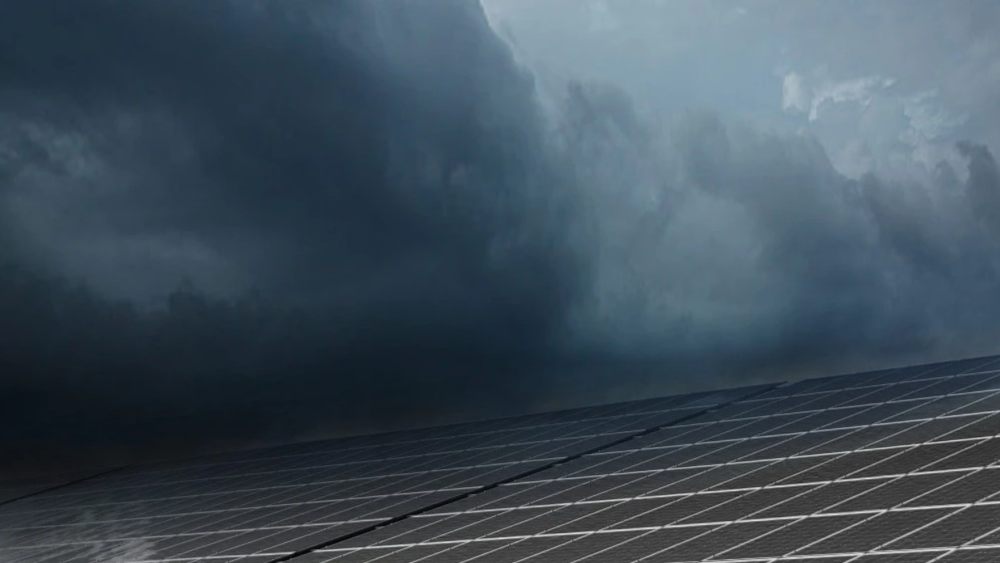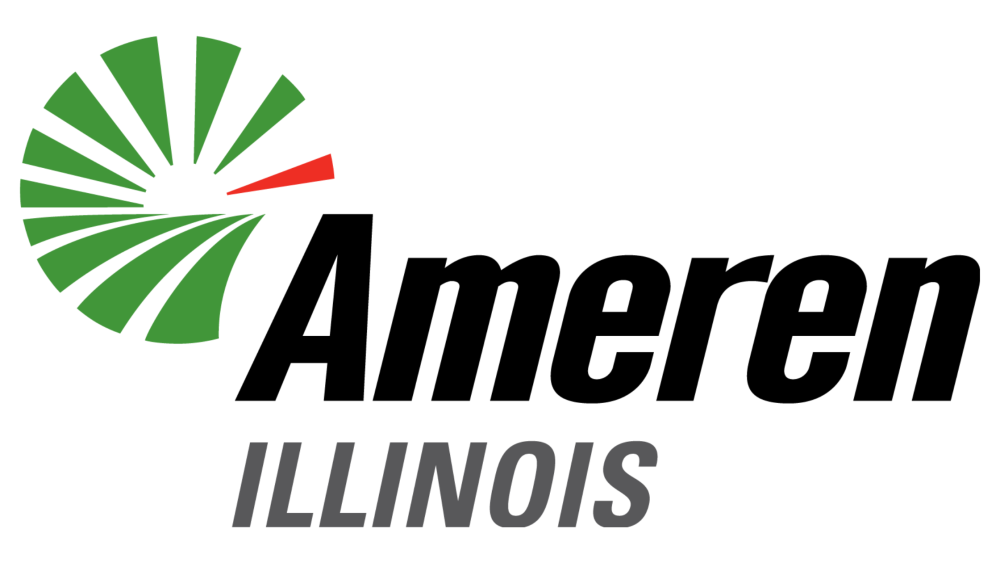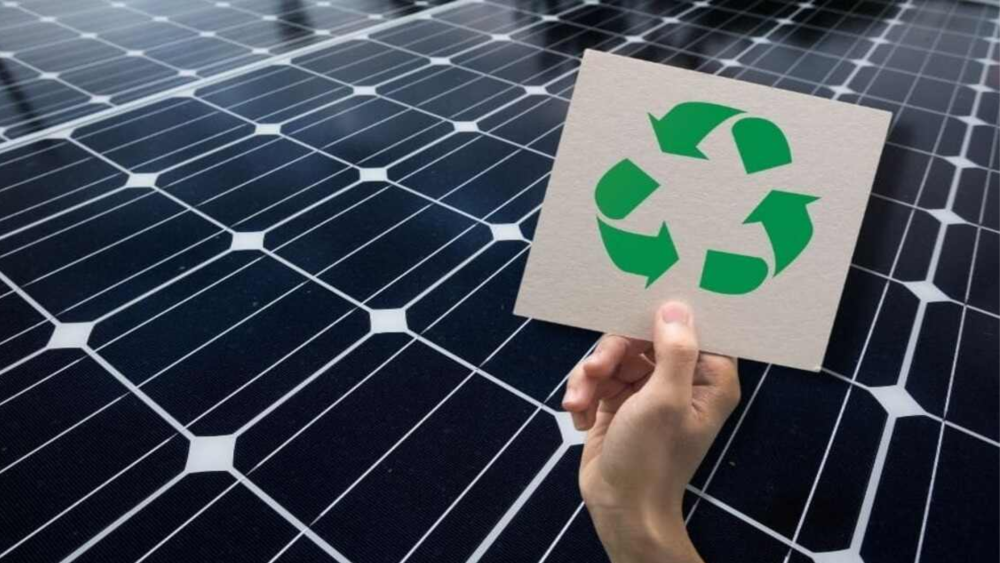Try our solar cost and savings calculator
What solar incentives are available in Alabama?
As a homeowner in Alabama, you have access to several different tax incentives that make solar panels more affordable. Solar incentives are available at both the federal and state levels to help you save thousands on your investment in solar energy.
Solar Calculator is here to help you take the next step in your transition to renewable energy. Below, we’ll discuss some of the different ways you can make solar more affordable.
Federal solar incentives
As part of the Inflation Reduction Act of 2022, congress passed several clean energy provisions to reduce energy costs. Among those provisions was an extension and upgrade of the Federal Investment Tax Credit (ITC).
Federal Investment Tax Credit
The Federal ITC allows you to claim 30% of your total equipment and installation costs on your federal taxes. There is no minimum or maximum amount you can claim and it includes equipment, installation, permitting, and even battery storage.
The ITC will remain at 30% until December 31, 2032. After that it will be reduced to 26% until December 31, 2033, then to 22% the following year. The ITC is currently set to disappear in 2035 unless it is renewed.
Who is eligible for the Federal ITC?
Most homeowners will qualify for the Federal ITC, but not all. You must meet the following criteria to claim your 30% tax credit:
The Federal ITC will also cover the following expenses:
Homeowners save around $10,000 on average with the Federal ITC. But that number can be higher or lower depending on your total expenses.
How to claim the Federal ITC
Claiming your Federal ITC couldn’t be easier. All you have to do is fill out IRS form 5695 and submit it with your tax return. You can consult with a tax professional for more assistance.
Local solar incentives
Who’s eligible : Local Government, State Government
How to apply : NOTE: The program described below is a voluntary program that encourages state agencies to consider using green building standard. The State of Alabama does not have mandatory Green Building standards for Public Buildings. In January 2016, Governor Bentley issued an amendment to the Executive Order (EO) 39, adding a provision that requires State agencies to "make every effort to utilize sustainable, locally -sourced building materials and products that are responsibly harvested, extracted and manufactured in Alabama. The objective of the EO is to promote the use of state's vast forestry resources during manufacturing and construction. The EO includes a provision that requires state agencies to "consider using 'Green Building' standards in the construction and expansion of state buildings which will result in cost savings in construction and operation of state buildings." This however is not a mandatory "green building" standard, it is only a voluntary requirement for state agencies to consider during new construction or renovation. Any state building that incorporates any "green building" standard must consider the use of local and regional Alabama products
Who’s eligible : Commercial
How to apply : The Alabama Department of Economic and Community Affairs (ADECA) stated that it plans to administer the received funding through a competitive grant program that started in the early first half of 2023. According to the state agency, this funding (in addition to state funding) has been projected to make all Alabama interstates eligible to transition to EV corridor-ready status over the next 5-7 years. NEVI funding will help construct about 1,002 miles of EV charging corridors. On April 5, 2023, the ADECA released its state-funded EV charging infrastructure grant program application as part of its EV infrastructure plan. The deadline was set for midnight CST on May 22, 2023. The ADECA released the fiscal year 2024 plan in late 2024. The new plan also detailed expected dates for grant application requests for NEVI-funded charging infrastructure, including the following: Round 1 in September 2023, Round 2 in Q4 2023, Round 3 in July 2024, Round 4 in July 2025, and Round 5 in July 2026. Applicants are required to provide a 20% minimum cost share, and the state will include all eligible EV charging corridors as eligible project locations during each NEVI application round. ADECA began accepting Round 1 applications later than anticipated, having started the submittal process on October 24, 2023, until January 24, 2024. Round 1 funds did not exceed an estimated $11.74 million, and awards varied.
Who’s eligible :
How to apply : Alabama does not have statewide interconnection standards. Southern Company, the parent company of Alabama Power Company, does have a policy on operation of distributed energy resources (DER) in parallel with the distribution system. The policy does not give explicit information on system size limits in relation to levels of review. The scope of any required system impact study is determined jointly by the DER owner and the utility. Following the system impact study, an interconnection equipment study may also be required. Incorporation of energy storage systems may require additional study.
Who’s eligible : Local Government, Nonprofit, Schools
How to apply : *Note: FY24 applications closed on January 26, 2024. Click here for the application. The Alabama Energy Division's State Energy Program is accepting applications for the Energy-Efficient Retrofits Program grant. The grant must be used for the installation of energy-efficiency improvements at state-located facilities. All energy-efficient measures are eligible except for windows and doors.
Who’s eligible : Commercial
How to apply : *NOTE: 2023 application cycle closed on May 22, 2023. In 2019, the Alabama State Legislature authorized the creation of the Electric Transportation Charging Infrastructure Grant Program. This is a program of the State Department of Transportation and exists for the purpose of providing funds, grants, and support for the construction, maintenance, reconstruction, and repair of public highways, roads, and bridges through the procurement, installation, and implementation of electric vehicle transportation infrastructure.
Can you claim multiple tax incentives in Alabama?
Yes. You are allowed to claim multiple solar incentives for the same installation. However, you can only claim each incentive once. For more guidance on how to claim your solar tax incentives, talk to your installer or consult with a licensed tax professional before submitting your tax forms.
Does Alabama offer tax exemptions?
Loan Program
Category : Financial Incentive
Website : https://caec.coop/member-benefits-services/efficiency-loan-program/
Applicable Sectors : Residential
Incentive Amount :
Implementing Sector : Utility
Category : Financial Incentive
Website : https://www.southaec.com/erc-loan-programs
Applicable Sectors : Residential
Incentive Amount :
Implementing Sector : Utility
Category : Financial Incentive
Website : http://www.dixie.coop/content.cfm?id=2049&download_id=59#attached_content
Applicable Sectors : Residential
Incentive Amount :
Implementing Sector : Utility
Category : Financial Incentive
Website : https://www.alabamapower.com/residential/ways-to-save/energy-saving-products/economical-heat-pumps.html
Applicable Sectors : Residential, Low Income Residential
Incentive Amount :
Implementing Sector : Utility
Energy Standards for Public Buildings
Category : Regulatory Policy
Website :
Applicable Sectors : Local Government, State Government
Incentive Amount :
Implementing Sector : State
Grant Program
Category : Financial Incentive
Website : https://adeca.alabama.gov/ev/
Applicable Sectors : Commercial
Incentive Amount : Varies
Implementing Sector : State
Category : Financial Incentive
Website : https://adeca.alabama.gov/sep/
Applicable Sectors : Local Government, Nonprofit, Schools
Incentive Amount : $10,000 to $40,000
Implementing Sector : State
Category : Financial Incentive
Website : https://adeca.alabama.gov/alabama-ev/
Applicable Sectors : Commercial
Incentive Amount : Varies
Implementing Sector : State
Interconnection
Category : Regulatory Policy
Website : https://www.alabamapower.com/clean-energy/solar-energy.html#:~:text=Contact%20us%20before%20solar%20panel,information%20on%20qualified%20candidates%20online.
Applicable Sectors :
Incentive Amount :
Implementing Sector : State
Property Tax Incentive
Category : Financial Incentive
Website : https://www.revenue.alabama.gov/division/tax-incentives/
Applicable Sectors : Commercial, Industrial, Residential, Agricultural, Appliance Manufacturers
Incentive Amount : 100% exemption
Implementing Sector : State
Personal Tax Deduction
Category : Financial Incentive
Website :
Applicable Sectors : Residential
Incentive Amount : 1
Implementing Sector : State
PACE Financing
Category : Financial Incentive
Website : https://adeca.alabama.gov/pier/
Applicable Sectors : Commercial, Construction, Industrial, Local Government, Nonprofit, Residential, Schools, State Government, Installers/Contractors, Agricultural, Multifamily Residential, Low Income Residential
Incentive Amount :
Implementing Sector : State
Rebate Program
Category : Financial Incentive
Website : https://energyright.com/residential/rebates/
Applicable Sectors : Residential
Incentive Amount : HVAC Air Source Heat Pump: $1,500/unit Geothermal Heat Pump: $1,500/unit Mini-Split Heat Pump: $1,000 - $1,2500 Duel Fuel Heat Pump: $100 - $600/unit Heat Pump Water Heater: $500/unit Air Conditioner: $300 - $700/unit Tune-up: $50 Weatherization Duct Sealing: $300/unit Air Sealing: $300/home Wall/Attic Insulation: $300/home Floor Insulation: $100/home Windows: $15/unit
Implementing Sector : Utility
Category : Financial Incentive
Website : https://energyright.com/business-industry/incentives/
Applicable Sectors : Commercial, Industrial
Incentive Amount : HVAC Heat Pump: $80 - $175/ton (replacement), $175/ton (new installation) Variable Refrigerant Flow Heat Pump: $250/ton Duel Fuel Heat Pump: $250/ton Thermal Ice Storage: $9/ton/hour (partial), $11/ton/hour (full) Variable Speed Drive: $100/hp Lighting Indoor LED Lighting: $0.08/annual kWh reduced Exterior LED Lighting: $0.04/annual kWh reduced Electric Vehicles Electric Forklifts: $1,000 (leased), $2,000 (new/refurbished) Refrigeration Electronically Commutated Motors: $50/unit Evaporator Fan Controllers: $200/unit Reach-in Cases: $100 - $200/lin. ft. Custom: $0.10/annual kWh
Implementing Sector : Utility
Category : Financial Incentive
Website :
Applicable Sectors : Commercial
Incentive Amount :
Implementing Sector : Utility
Category : Financial Incentive
Website : http://www.dixie.coop/content.cfm?id=2049&download_id=58#attached_content
Applicable Sectors : Residential
Incentive Amount : Contact member services representative
Implementing Sector : Utility
Category : Financial Incentive
Website : http://caec.coop/member-benefits-services/heat-pumps/
Applicable Sectors : Residential
Incentive Amount : Water Heater: $235 - $375 Dual Fuel or Mini-Split Heat pumps: $300- $350/ton Converting furnace to heat pump in new manufactured homes: $400-$700 Converting furnace to heat pump in existing manufactured homes: $400/ton
Implementing Sector : Utility
Category : Financial Incentive
Website : https://www.alabamapower.com/residential/save-money-and-energy/energy-saving-products/rebates-and-incentives.html
Applicable Sectors : Residential
Incentive Amount : 200
Implementing Sector : Utility
Building Energy Code
Category : Regulatory Policy
Website : https://adeca.alabama.gov/Divisions/energy/energycodes/Pages/default.aspx
Applicable Sectors : Commercial, Residential
Incentive Amount :
Implementing Sector : State
What is the best way to pay for solar?
Cash payments
Paying cash upfront is easily the simplest and most cost-effective route — if you can afford it. It lets you maximize your total savings by avoiding interest rates and other fees. You also don’t have to worry about making monthly payments. But the downside is you have to spend a lot of cash at once which isn’t an option for everyone.
Pros
Cons
Financing
Financing solar panels is probably the most common payment method. You get to own the system — as opposed to leasing — but you don’t have to spend all your cash at once. And although you do have to pay interest, you can secure a fairly low interest rate as long you have good credit.
Pros
Cons
Solar leases and PPA agreements
If purchasing solar equipment isn’t an option for you, a lease or a PPA may be worth exploring. This is where you are essentially “renting” the equipment for a fixed rate each month. And although you don’t have ownership of your system, there are other benefits such as maintenance and servicing agreements.
Pros
Cons
Going solar doesn’t have to break the bank
Going solar is becoming more affordable than ever. And thanks to a variety of solar incentives in Alabama, you can save thousands more on your investment.
Want to get an idea for what it will cost you to go solar? You can use our solar cost calculator to generate a customized estimate instantly. We take into consideration a wide range of criteria including location, electric bill, roof size, and other factors. Try it out today and start planning for your future.




